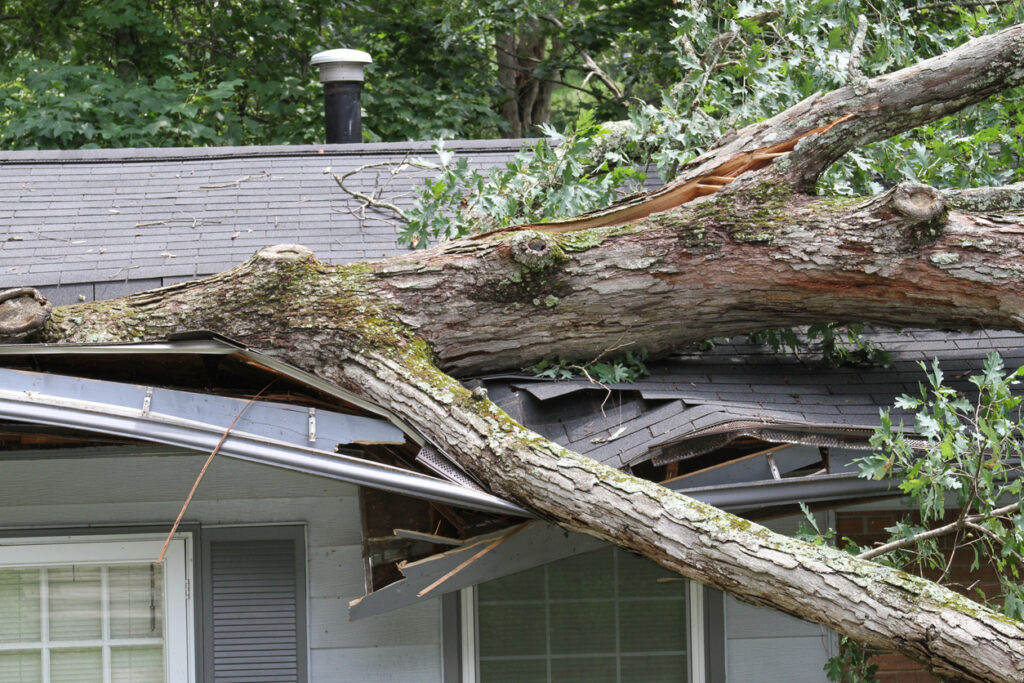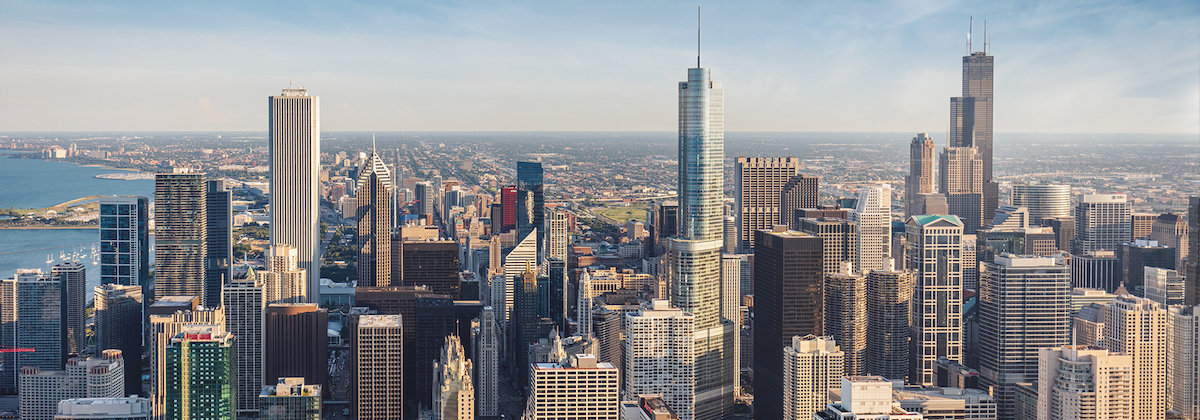Attorneys of Chicago | May 9, 2024 | Property Damage

The Atlantic Hurricane Season begins on June 1 each year and continues through November 30. Hurricanes are dangerous storms that form out at sea. They can cause severe destruction when they make landfall. However, a hurricane could stay out at sea and cause severe property damage from storm surges, flooding, rip currents, and wind damage.
Hurricanes are classified using the Saffir-Simpson Hurricane Wind Scale. It assigns a rating between 1 and 5 based on the maximum sustained wind speed of the hurricane. The scale was developed by Herbert Saffir and Robert Simpson in 1971.
The scale is not designed to measure the damage a hurricane may cause from flooding, storm surges, rainfall, or location. Instead, it is purely a wind-based scale that describes the potential damage a hurricane may cause on land.
The five categories of hurricanes from least severe to most severe are:
Category 1 Hurricane – Very Dangerous Winds Causing Some Damage
A Category 1 hurricane has maximum sustained winds of 74 to 95 mph. A Cat 1 hurricane can cause some roof damage to homes and buildings. It can also damage gutters and siding.
Power outages may occur because of damage to electrical lines and power poles. Shallow-rooted trees may fall, and large branches may break.
Category 2 Hurricane – Extremely Dangerous Winds Causing Excessive Damage
A Category 2 hurricane has maximum sustained winds of 96 to 110 mph. Near-total power loss is expected with a Cat 2 hurricane. Major roof and siding damage is also expected, and many trees will be uprooted or snap in the wind.
Category 3 Hurricane – Devastating Damage
A Category 3 hurricane is a major hurricane with maximum sustained winds of 111 to 129 mph. Significant damage is expected to the roofs of homes and buildings. Many trees will fall and break. Electricity and water are expected to be out for several days to weeks after the storm.
Category 4 Hurricane – Catastrophic Damage
A Category 4 hurricane is a major hurricane with maximum sustained winds of 130 to 156 mph. A Cat 4 hurricane is expected to cause severe damage to homes and buildings. Most of the roof and exterior walls will sustain damage.
Numerous power poles and trees will fall, cutting off neighborhoods from other areas. Power outages could last weeks or months, and residents may be unable to return to the areas.
Category 5 Hurricane – Catastrophic Damage
A Category 5 hurricane is a major hurricane with maximum sustained winds of 157 mph or higher. A high percentage of homes and buildings will be destroyed in a Cat 5 hurricane. Collapsed walls and total roof failure are expected. Residents may be unable to return for weeks or months due to major power outages.
The 2023 Atlantic hurricane season ranked fourth for the most named storms since 1950. However, only one major hurricane made landfall in 2023: Hurricane Idalia, a Category 3 hurricane that made landfall near Keaton Beach, FL.
The 2024 Atlantic hurricane season is expected to be one of the most active on record. There are 23 storms forecast, including 11 hurricanes. Five hurricanes are expected to reach Category 3 or above.
Preparing for Hurricane Season in the United States
Preparing for hurricanes, storms, and other natural disasters can reduce your risk of injury and harm.
Things you can do to prepare for hurricane season include:
- Have an emergency supply of food and water
- Ensure you have several weeks of all medications on hand
- Prepare an emergency storm kit
- Identify local shelters, including shelters that accept animals if you have pets
- Gather copies of important documents, including passports, Wills, health insurance, personal identification, etc.
- Write down all contacts and telephone numbers
- Map the most direct hurricane evacuation route out of town
- Board up your home, bring in items from outside, and secure items that cannot be brought inside
- Review your insurance coverage
- Create a communication plan
Understanding the difference between a hurricane watch and a hurricane warning is essential. Monitor local news for information regarding recommended and mandatory hurricane evacuations.
If you have questions about hurricane damage and what you can do to recover your losses, talk with an Illinois hurricane claim lawyer.
Contact Our Chicago Personal Injury Law Firm For Help Today
If you’ve been injured in an accident in Chicago, Illinois, and need legal help, contact our experienced personal injury lawyers at Attorneys of Chicago Personal Injury Lawyers to schedule a free consultation today.
We proudly serve Cook County and its surrounding areas:
Attorneys of Chicago Personal Injury Lawyers
134 N La Salle St #2160
Chicago, IL 60602
Phone: (872) 324-4375
Hours: 24/7
Our firm is located near you. We have an office in Chicago
Find us with our GeoCoordinates: 41.5486783,-87.8377085
